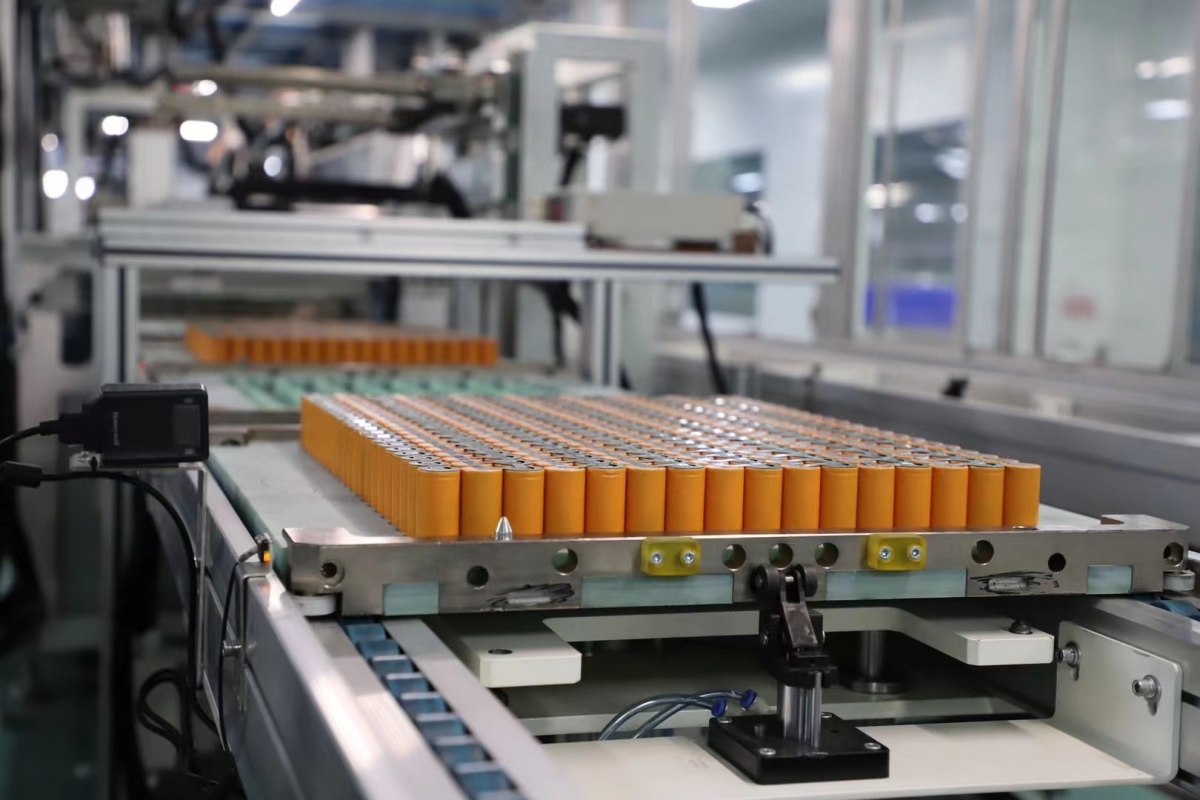- 22
- Mar
Large capacity lithium battery, large capacity lithium battery packs, large capacity lithium ion battery.
Large Capacity Lithium Battery Packs: Powering the Future
In recent years, the demand for high-capacity batteries has skyrocketed, particularly in the context of portable electronics and electric vehicles. Among the various battery chemistries available, lithium-ion (Li-ion) batteries have emerged as the most promising option, offering high energy density, long cycle life, and low self-discharge. Large capacity lithium battery packs, in particular, are becoming increasingly common in a wide range of applications, from smartphones and laptops to electric bicycles and cars.
So, what exactly is a large capacity lithium ion battery? Typically, Li-ion batteries are made up of multiple cells, each consisting of a positive electrode (cathode), a negative electrode (anode), and an electrolyte. When charged, lithium ions move from the cathode to the anode, creating a potential difference that can be harnessed to power devices. The capacity of a Li-ion battery pack is determined by the number of cells it contains, as well as their individual capacity and voltage.
Large capacity lithium battery packs are generally defined as those with a total energy storage capacity of over 10 kWh (kilowatt-hours). These batteries can be used to power a variety of applications, from residential and commercial energy storage systems to electric vehicles and even grid-scale storage. In fact, large capacity lithium ion batteries are increasingly being seen as a key technology for enabling the transition to a low-carbon economy, as they can help to integrate renewable energy sources into the grid and reduce reliance on fossil fuels.
One of the key advantages of large capacity lithium battery packs is their high energy density. This means that they can store a large amount of energy in a relatively small and lightweight package, making them ideal for portable devices and electric vehicles. In addition, Li-ion batteries have a long cycle life, meaning that they can be charged and discharged many times before they need to be replaced. This makes them a more sustainable option than other battery chemistries, such as lead-acid, which have a much shorter lifespan.

Despite these advantages, there are also some challenges associated with large capacity lithium ion batteries. One of the main issues is safety, as Li-ion batteries can be prone to thermal runaway and fires if they are not designed and managed properly. In addition, there are concerns about the environmental impact of the materials used in Li-ion batteries, particularly the mining and processing of lithium and cobalt. However, these issues are being addressed through the development of new battery chemistries and recycling technologies, as well as improved safety standards and regulations.
Overall, the growing demand for large capacity lithium battery packs is driving innovation in battery technology and manufacturing, with companies investing heavily in research and development to improve performance and reduce costs. As these batteries become more common and affordable, they will enable new applications and accelerate the shift towards a more sustainable energy system. Whether powering our smartphones or our cars, large capacity lithium ion batteries are set to play a central role in shaping the future of energy.
